6 Commonly Misused Wine Terms – Part 2
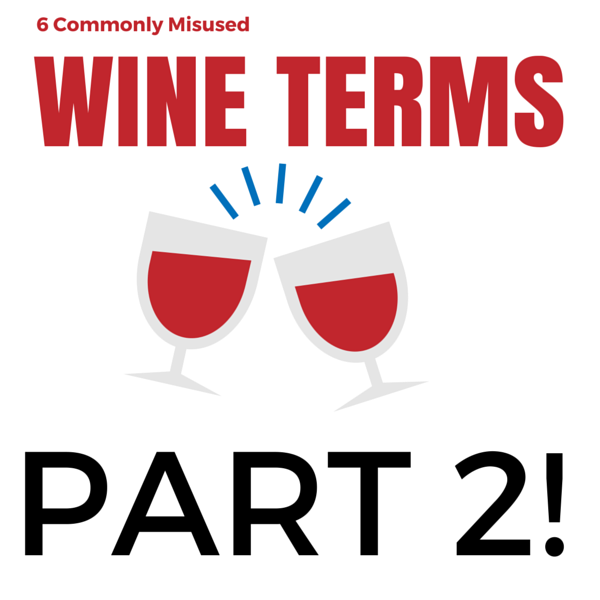
You may have seen last week I popped up a post titled 6 Commonly Misused Wine Terms – Are you making these mistakes?. The post literally went off and straight away everyone was asking about other wines terms. All the wine and grammar geeks wanted more (that’s you Victoria)! So here I am delivering the much-anticipated part 2!
Grab a glass of wine, sit back and check out some more wine terms explained…
Shiraz vs Syrah
One of my friends last year messaged me on Facebook as she was in a heated debate with friends as to whether Shiraz and Syrah were the same thing or different. I am here to confirm they are the exact same grape variety!
Typically European wine regions use the term ‘Syrah’ whilst new world wine regions (find out the difference between old world and new world wine regions here) like those in Australia use the term ‘Shiraz’. I do know of some Aussie and Kiwi wineries who use the term ‘Syrah’ which normally denotes that they’re making their Shiraz in an old world wine style.
Old world Syrah is typically leaner, not so fruit forward & complex and has softer tannins than their Shiraz counterparts. Shiraz is typically full-bodied, has higher alcohol and has rich, intense fruit flavours alongside hints of black spice.
Cabernet vs Cabernet Sauvignon
A lot like the above, Cabernet and Cabernet Sauvignon are the same grape variety – people just get lazy and call it Cabernet or Cab for short. It may seem straight forward to a lot of wine people, but when you think about it, what about all the other ‘Cabernet’s’ out there? Just remember that typically if you see just the word ‘Cabernet’ it will refer to Cab Sauv. If the wine has say for instance, ‘Cabernet Franc’ (which is a completely different grape variety) in it, then it will say the full name.
Then there are the wines like ‘Cabernet Merlot’ and ‘Cabernet Shiraz’ which are actually blends of different grape varieties. They’re made from both Cabernet Sauvignon & Merlot grape varieties or Cabernet Sauvignon and Shiraz grape varieties for instance (hot tip – typically the first grape variety mentioned on the label will be the one with the highest % of it in the wine). Therefore Cabernet/Cab/Cab Sauv = Cabernet Sauvignon.
What the heck is Sulphur?
Sulphur refers to sulphur dioxide (SO2) which is used in the winemaking process and you’ll find it in the finished wine. You may have noticed on the back label of your wine, ‘contains sulphites’ which is referring to the sulphur used. It’s important to know that sulphites occur naturally in all living things and it’s true that a number of people have allergic reactions to them.
Also don’t confuse sulphur dioxide with the powdered sulphur which is sometimes used to protect grapevines from powdery mildew. You can read more about this grapevine disease here.
Port is not made in Australia
Like the term Champagne (as discussed in part 1 of this post), ‘Port’ is the term used for the sweet fortified wine from the Douro region of Portugal. Having spent some time in the absolutely stunning town of Porto in amongst all the Port Houses, I could simply never call anything else but those fortified wines from the Douro ‘Port’. I know it’s easy to get into the habit of calling all these after dinner sweeties Port, but please – don’t!
Instead of using Port, call it fortified wine. Basically the term ‘fortified’ means that a distilled spirit, like Brandy, has been added to the wine. The addition of grape spirit (yes Brandy and the likes of Armagnac & Cognac are made from grapes!) gives the wine distinct flavours and also works as a preservative. Hence why you can enjoy a bottle of ‘fortified wine’ over a longer time period than a normal wine (read about how long port and fortified wines keep here).
Woody Wines = Bad
I looooooovvvveee wines which have seen some time in oak and typically in my tasting notes you will see me describe these oak aromas and flavours on the palate. You may find it interesting that the term ‘woody’ is actually not a complementing term for a vino. Basically it means you’ve swallowed a ten foot 2×4 piece of timber. Which as you can imagine, would not be pleasant.
Robert Parker defines it as:
When a wine is overly oaky it is often said to be woody. Oakiness in a wine’s bouquet and taste is good up to a point. Once past that point, the wine is woody and its fruity qualities are masked by excessive oak aging.”
ABC or Chardonnay
Like using the term ‘Champagne’ incorrectly, I shake my head, roll my eyes and get red in the face when I hear people write off Chardonnay because they’ve tried one Chardonnay at one point in their life that they didn’t like. Immediately they joined the ABC Gang, Anything But Chardonnay, and slander this amazing grape variety off without a second thought. Even typing this, I am hitting the keyboard with angry force as it really peeves me off!
At a networking function earlier in the year I was meant to be chatting to people about my day job in SEO, but wine seemed to creep into the conversation surprisingly. A lady I was talking to said she HATES Chardy until I kindly and rather smugly informed her that the ‘Blanc de Blanc’ bubbles she was drinking from Tempus Two was in fact 100% Chardonnay and then proceeded to talk to her about Champagne and Chardy’s importance and basically the next half an hour of her life was me leading the Chardonnay debate team. I didn’t let her get a word in as I aggressively stood up for my favourite grape variety. I maybe didn’t sell the importance of SEO for her business, but hey I felt a lot better afterwards and I just may have convinced her to visit the Chardonnay camp again and give it a go.
I have to admit, I have really enjoyed writing both these posts on wine terms – so if you have any terms which you want explained or terms you think NEED explaining then drop me a line below or via email and who knows there maybe a 3rd edition coming up!
As mentioned in part 1 – this post purely to inform and educate. At the end of the day it really doesn’t matter what words you use when it comes to wine because if you like the wine you’re drinking then who gives a damn.

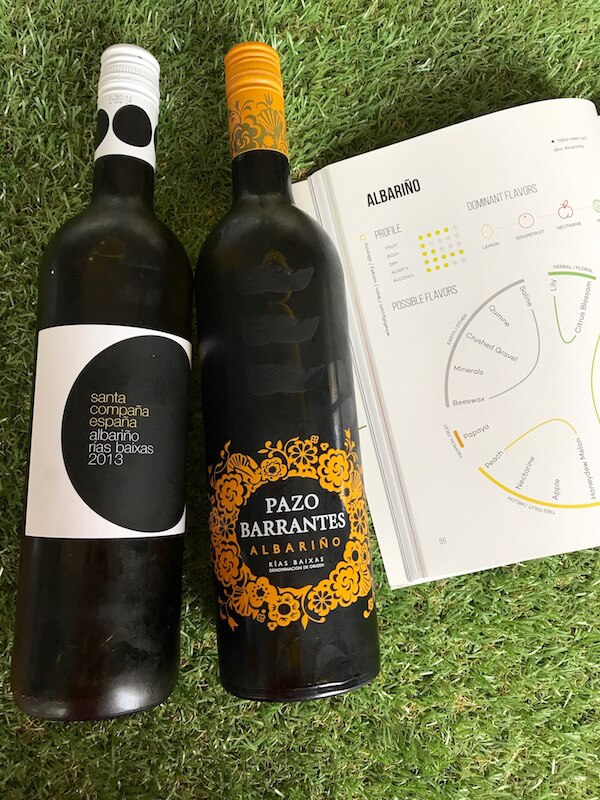
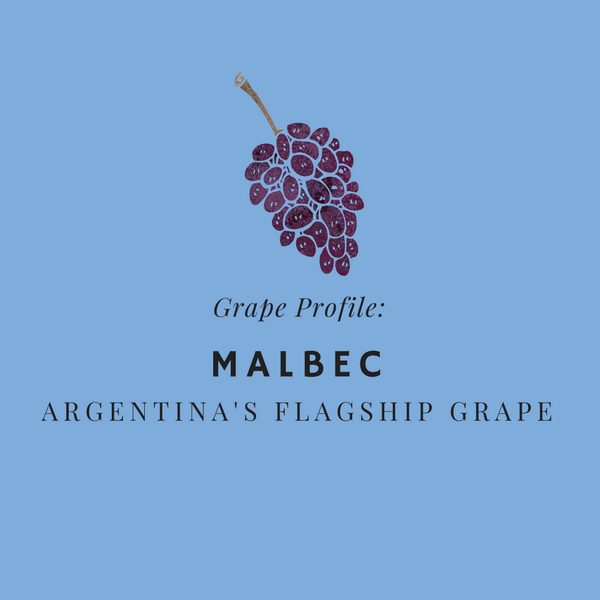
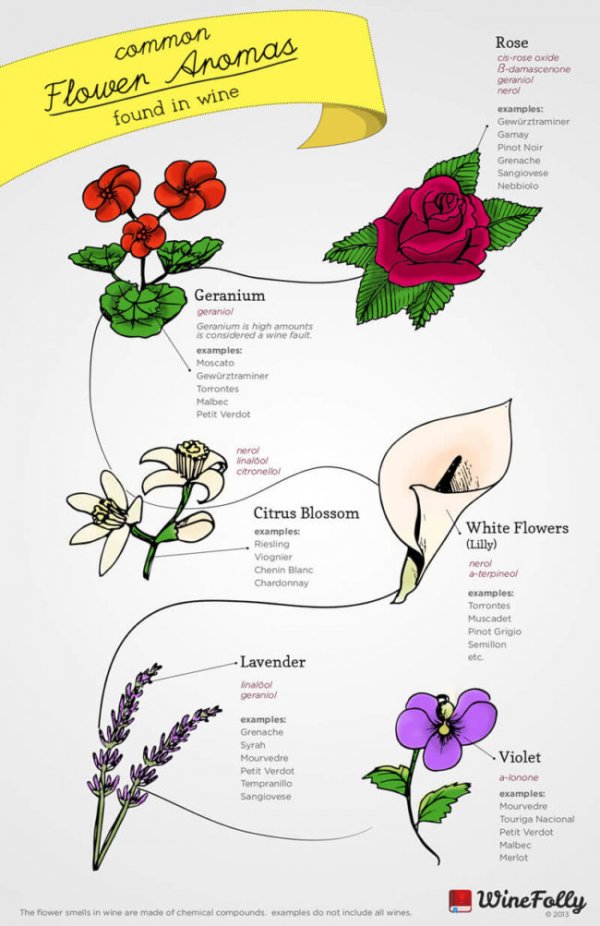
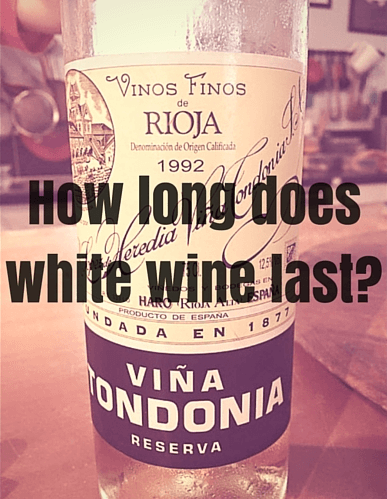
Absolutely Dan – thanks for popping by 🙂
A few I didn’t know in there…always good to brush up on the lingo 😉